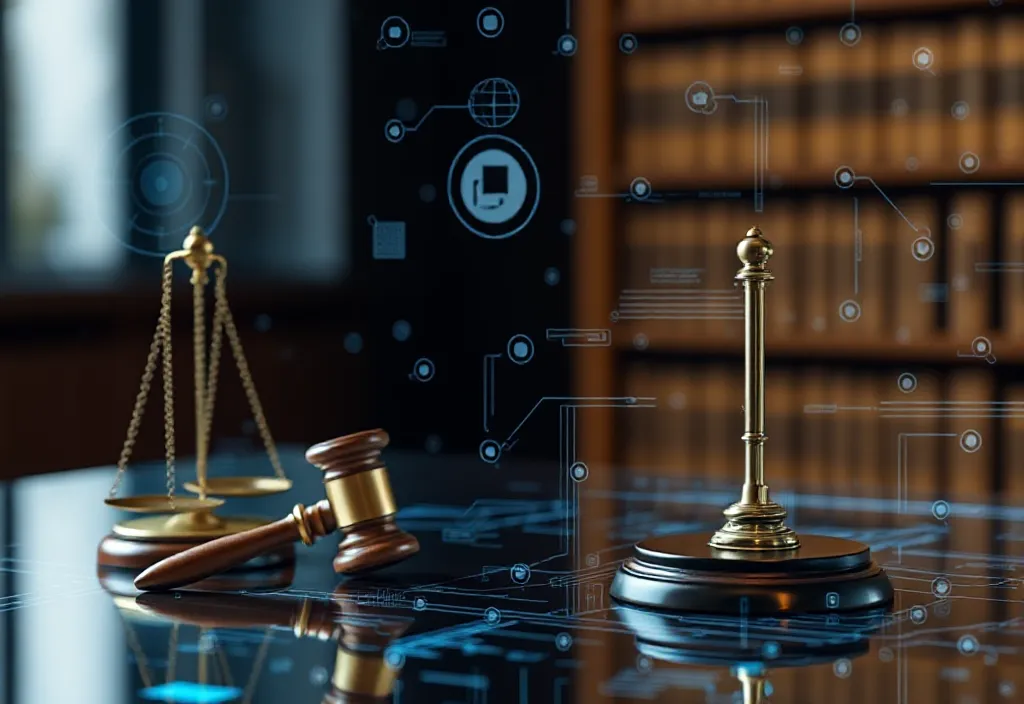From drafting documents to court: how AI will help lawyers save time and win cases
▪— AI instead of a trainee lawyer
▪— AI predicts the outcome of a case
▪— Should you trust AI in court
▪— Video demonstration/presentation of AI functionality

Introduction
Legal practice has always required painstaking work with documents, analysis of judicial practice and strategic planning. Today, AI speeds up routine processes, finds weak points in the arguments of opponents and even predicts the outcome of a case.
In this article, I will tell you how lawyers are implementing AI in their work – from document automation to preparation for court hearings.
AI instead of a legal intern
Junior lawyers used to spend weeks analyzing court decisions and preparing template documents. Now this work can be delegated to AI
✅ Auto-generation of claims, complaints and contracts
▪— ChatGPT and specialized LegalTech platforms (for example, Clio or LexisNexis) create first versions of documents in minutes.
Example: the Harvey neural network helps to draft complex procedural documents taking into account jurisdiction.
✅ Search for precedents in 5 minutes instead of 5 days
▪— AI services (Casetext, ROSS Intelligence) analyze thousands of cases and provide relevant solutions. ▪— You can search not only by keywords, but also by context (“similar disputes with bank X”).
✅ Checking documents for errors
▪— Algorithms find contradictions in contracts, typos, and even risks that a person missed.
AI predicts the outcome of a case
Some platforms (like Premonition) analyze millions of court decisions and calculate:
▪— Which judge has the highest chance of winning (statistics of his past decisions).
▪— What arguments have worked in similar disputes.
▪— How long the process can last (and when is it more profitable to conclude a settlement).
Should You Trust AI in Court?
Although neural networks speed up work, blindly relying on them is dangerous:
⚠ AI can “invent” laws
In 2023, ChatGPT filed a lawsuit citing non-existent regulations.
Solution: Always check sources manually.
⚠ Ethical risks
If AI uses customer data for training, confidential information may leak.
Solution: Choose platforms with end-to-end encryption (e.g. Lexion).
Conclusion: AI will not replace lawyers, but it will change the profession
Those who are already implementing AI spend 30% less time on routine and focus on strategy. The main thing is to use neural networks as a tool, not a replacement for expertise.
